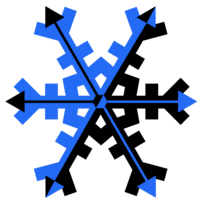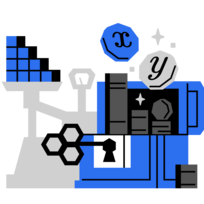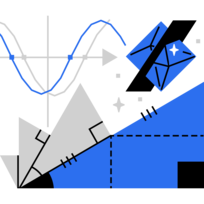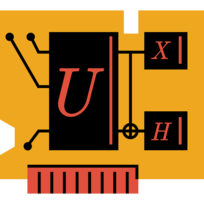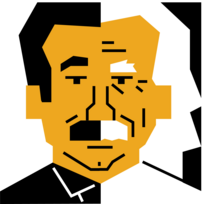Courses
Learning Paths
Step-by-step paths to mastery

5 Levels
5 Courses
Foundational Math
Master essential skills in Algebra
Browse all 90+ courses
Math
Algebra
Mathematical Thinking
Logic and Deduction
Contest Math
Road to Calculus
Advanced Mathematics
Contributing Authors - Math
Data
Analysis
Probability
Computer Science
Foundational Computer Science
Applied Computer Science
Contributing Authors - CS
Bonus Computer Science Puzzles
Science
Scientific Thinking
Advanced Physics
Contributing Authors - Science
© 2024 Brilliant Worldwide, Inc., Brilliant and the Brilliant Logo are trademarks of Brilliant Worldwide, Inc.











































